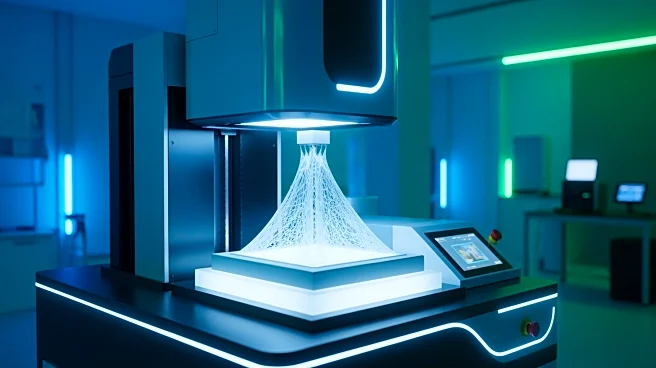Rapid Read • 7 min read
India is intensifying efforts to establish a self-reliant supply chain for rare earth elements, crucial for its clean energy and electric vehicle (EV) ambitions. A report by Primus Partners outlines a roadmap under the 'Viksit Bharat' vision, focusing on market assurance, demand certainty, and domestic production of NdPr oxide and NdFeB magnets. The strategy includes setting up pilot hubs, expanding monazite mining, and fostering industry-academia collaborations. With China controlling a significant portion of global rare earth production, India's initiative aims to reduce dependency and enhance competitiveness.
AD
India's push for self-reliance in rare earths is vital for its transition to clean energy and achieving its EV targets. By securing its supply chain, India can mitigate risks associated with global supply disruptions, particularly from China. This move could boost domestic manufacturing, create jobs, and position India as a key player in the global clean energy market. For industries reliant on rare earths, such as electronics and defense, this strategy could lower costs and increase innovation. The initiative also aligns with India's broader economic and environmental goals, including reducing emissions and enhancing energy security.
India is likely to implement the report's recommendations, including establishing a National Rare Earth Innovation Hub and a Magnet Ecosystem Coordination Cell. These steps will require coordination among government agencies, industry leaders, and international partners. As India progresses, it may seek to form strategic alliances with other mineral-rich countries to secure additional resources. The success of these initiatives will depend on effective policy implementation and the ability to attract investment in the rare earth sector.
AD
More Stories You Might Enjoy










